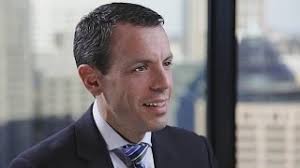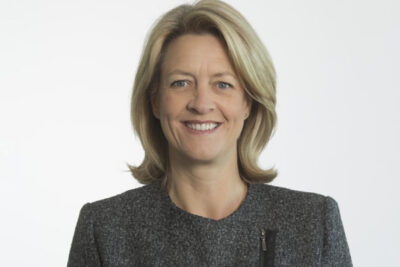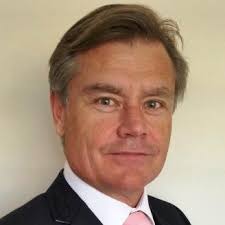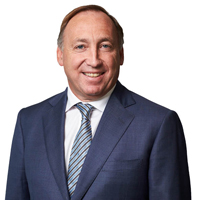-
Sort By
-
Newest
-
Newest
-
Oldest
-
All Categories
-
All Categories
-
Appointments
-
Custody
-
ESG
-
Funds Management
-
Super
Two big global managers – Franklin Templeton Investments and Wellington Management – have produced papers espousing the virtues right now of emerging market debt strategies. Emerging market debt is “fixed income’s most dynamic asset class”, one of them says. According to Franklin Templeton: “Over the last three decades emerging market debt has evolved into fixed-income’s…
Cybersecurity breeches may well represent the biggest threat to both corporate and national interests, but investors can also capitalise on the problem. It’s the age-old adage: where there’s muck there’s money. According to a paper by Robeco, ‘Cybersecurity – Turning Threats into Investment Opportunities’, the spending on cybersecurity by companies, governments and individuals has been…
Fund managers love their acronyms. We currently have the FANGs and more lately we have the BATs. We used to have the BRICS too, but they fell out of favour. But both the latest tech-orientated acronyms – FANGs and BATs – have their drawbacks, according to Hexavest. Value is being tested. Value managers have, over…
by James Lindgren* With the latest APRA fund data showing that average operating expenditure per member for all categories of superannuation fund (except corporate funds) has steadily increased since 2004, it is increasingly important that super funds ensure that increasing operational expenditure is helping to improve member outcomes. The Royal Commission into Banking and Financial…
Cliff Asness, the renowned founder of AQR Capital, has published a new white paper critiquing common ways used to compare the overall performance of hedge funds and suggesting better comparisons for investors to make. But he has a sting in the tail for some hedge fund managers. The paper, ‘The Hedgie in Winter’, says that hedge…
MySuper options delivered strong returns in the past one, three and five years, as did ‘non-MySuper’ super options, according to the latest Rainmaker research. But not-for-profit funds continue to dominate MySuper returns compared with commercial funds. And the gap between the competing sectors is even wider for other balanced strategies. Rainmaker announced last week its…
MSCI has included 226 China A shares in its global emerging markets index, after a protracted process urged on by potential investors and competition from fellow index provider FTSE. MSCI expects at least US$600 billion of foreign capital flow into China as a result. New ETPs are bound to spring up. Jonathan Howie, the former…
The draft report of the Productivity Commission into superannuation, as critical as it is about the system, at least has a silver lining with respect to fees. Unlike APRA’s public statements in the past, the Commission has made 38 references to “net returns” and only three references to “low cost”. Maybe we have turned the…
by Suzanne Holden* The industry is once again facing significant transformation with the recent Federal Budget, the Productivity Commission report and the Royal Commission all proposing changes. But this will be an evolution rather than the feared revolution, in my view. Let’s face it, this industry, since inception, has endured continual tampering – with every…
Hedge fund managers are increasingly putting their assets to work in the ESG space, with more than 10 per cent, according to a global survey by the Alternative Investment Management Association, allocated to such strategies. The survey coincides with new activity, too, in Australia, ahead of the next industry Forum which will include an ESG…
by David Chaplin The global managed funds industry reaped the largest harvest of inflows in a decade last year, according to a new Morningstar report, with passive vehicles the major beneficiary. Overall net flows into “global open-end funds and exchange-traded products” hit almost US$2 trillion during 2017, more than double the US$835 billion recorded the…
In a rapid-fire series of conference sessions organised by information provider Bloomberg in Sydney last week, a group of high-profile super fund investment executives had their say across a range of issues and trends. They are not as happy as you might think they should be. The participants were: Mark Delaney, CIO of AustralianSuper; Brendan…














